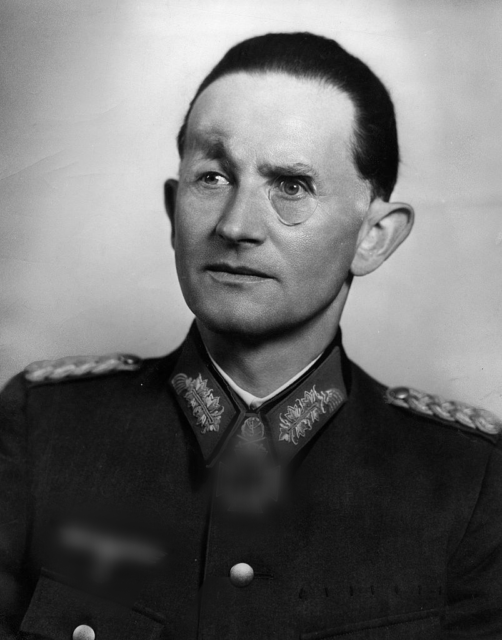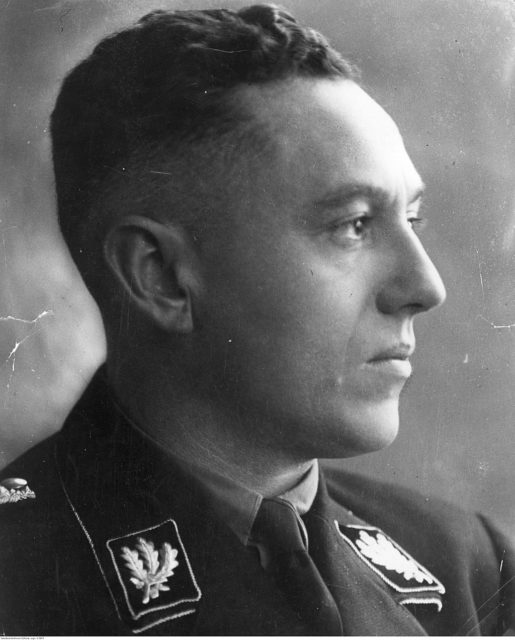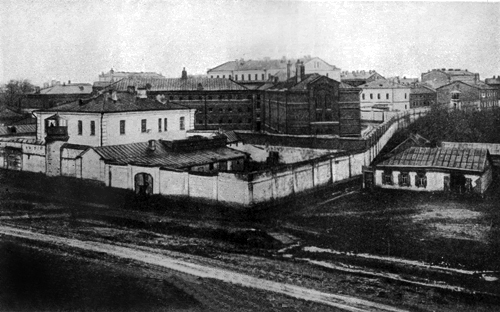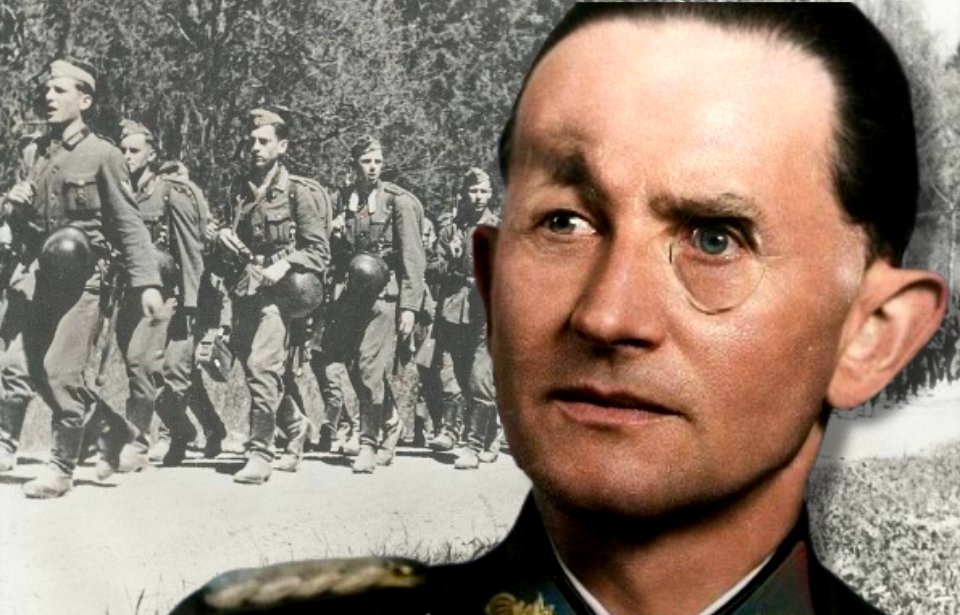Any school teacher or parent will give the same advice to a child who is being harassed by a bully: stand up to him and he will back down. There may be no bigger, more infamous bully in modern military history than the Führer, who led Germany into a global war in the late 1930s that left the country’s economy in ruin and its people mired in shame.
Standing up to the man was neither wise, nor easy. He would brook no dissent from his generals and colonels, no matter how high their rank. The entire German Army lived in fear of disagreeing with his opinions or military tactics. Anyone who dared disagree with him suffered immediate and serious consequences. As such, his subordinates didn’t argue with him. Sure, they may have entertained subversive thoughts, but speaking them out-loud was something else.
Maybe it was the uniform he wore. Perhaps it was his long and distinguished military service record. Maybe he just caught the Führer on a calm day. Whatever the reason may have been, when Gen. Dietrich Von Saucken stood up to Germany’s leader – insulted him, really – he didn’t end up dead or in a forced labor camp.
Dietrich von Saucken brought his cavalry sword to a meeting

It was in the winter of 1945, and many within the German military knew the country was losing the war – except the Führer, it seemed. Dietrich von Saucken had already pushed his luck by announcing he felt the conflict was lost and that continuing to fight was “pointless.” For that remark, he was fired, but reinstated four weeks later because he was a skilled, experienced soldier and Germany was rapidly running out of such men.
von Saucken was East Prussian, a career soldier who served his nation throughout both the First and Second World Wars. On that cold, February day in 1945, the Führer called him into the war room and told him to protect East Prussia from the Red Army, no matter the cost.
To everyone’s alarm, von Saucken arrived wearing his cavalry sword, which was forbidden in the German leader’s presence. To the storied general, the weapon represented the years he’d devoted to his country and the military. He wasn’t going to abandon his uniform, not even for the Führer.
Luckily for von Saucken, he failed to notice.
Pushing his luck with the Führer

Witnesses to this “historic” meeting say that, not only did Dietrich von Saucken wear things that would typically offend the Führer, his tone of voice was also dripping with disdain, another offense for which he could have wound up in a forced labor camp, or worse. Men had been executed for far less.
Firstly, he offered the German leader a military salute, not the salute demanded of everyone around him. Incredibly, he, again, seemed not to notice. When the Führer told von Saucken that East Prussia must be defended, he added that the general would answer to local loyalist Gauleiter Albert Forster.
It was at that moment von Saucken dropped all pretense of listening to these orders. The idea that he would answer to some low-ranking, local and anonymous individual infuriated von Saucken, and he slammed his hand down on the table between him and the Führer. Only with this gesture, finally, did he get the German leader’s full attention.
“I have no intention of taking orders from a Gauleiter,” von Saucken thundered.
At this point, perhaps the East Prussian general was past the point of caring about the reaction his remarks would provoke. He recklessly flouted the Führer’s order and referred to him as “Herr,” rather than the honorific “Mein,” by which all in the country were supposed to address him.
The entire room sat in stunned silence, waiting to see how the German leader would react. To everyone’s surprise, he responded, “Alright, Saucken, have command of it yourself.”
Dietrich von Saucken becomes a prisoner of the Red Army

Dietrich von Saucken took command, and stayed with his men until the war’s bitter end a few months later. He had a number of chances to leave, but each time sent wounded men in his stead. This meant that he was, ultimately, captured by the Russians and spent 10 years in prison.
When von Saucken was released, he was in a wheelchair, due to the torture and hard labor he’d endured. He retired to Bavaria, where took up painting.
More from us: Italo Balbo: The Mastermind Behind Mussolini’s Air Force Died a Strange Death
The German general’s case poses an interesting question: what might have happened had more officers stood their ground when the Führer ordered something they knew was wrong? Would certain atrocities have been avoided? It’s impossible to know. One thing is certain, however: standing up to bullies is sometimes painful in the short term, but can have a profound effect on one’s life in the long term – and it can sometimes alter the course of an entire nation.
